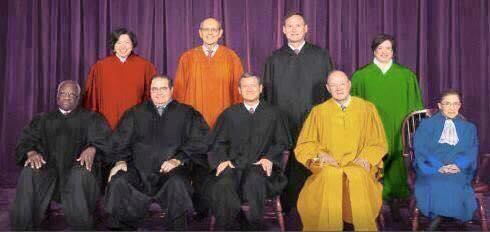Policy Update: Biden Administration Expands STEM Field for Optional Practical Training Program for International College Students
By Jessabelle M. Koppelman, Esq. & Julie Oliver-Zhang, Esq.
We have an exciting immigration policy update for international college students! On January 21, 2022 the Biden Administration announced that the U.S. Department of Homeland Security expanded the list of degrees included in the STEM (science, technology, engineering, and mathematics) Field that qualify for the Optional Practical Training (“OPT”) program. This extension is advantageous for F-1 STEM students interested in obtaining an H1b visa.
OPT is a temporary employment program that is related to an F-1 student’s area of study. Eligible students may apply to receive up to 12 months of OPT employment authorization. Fortunately for those with degrees in STEM, they may extend their temporary work permits for a period of up to two years. This gives individuals more time to secure an H1b visa from a sponsoring employer. The White House stated that the additional areas of study are fundamentally new, multidisciplinary or emerging fields that are “critical in attracting talent to support U.S. economic growth and technological competitiveness.” This initiative to expand the STEM definition for F-1 students is part of the Biden Administration’s efforts to attract global talent to strengthen the U.S. economy and technological competitiveness. You can read the full statement here: https://bit.ly/3GlajXA.
The new academic areas of study added to the list of new STEM fields include:
* Bioenergy
* Forestry
* Forest Resources Production and Management
* Human-Centered Technology Design
* Cloud Computing
* Climate Science
* Earth Systems Science
* Environmental Geosciences
* Data Analytics
To read a comprehensive list of the new STEM fields see: https://bit.ly/3GaddOU.
Since this work status is only temporary, F-1 students may want to consider applying for an H1b visa during their valid OPT or CPT period. If you are curious about whether an H1b visa is the right path for you, please contact Oliver-Zhang Law at [email protected] or 202-643-1110. We provide free immigration consultations. Our H-1B lawyers strive to provide you with the best service and chance for success. We are more than happy to answer your H1b visa questions.


